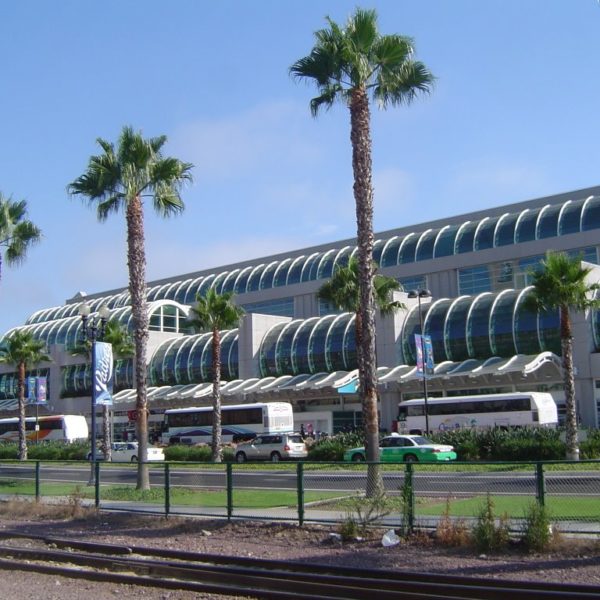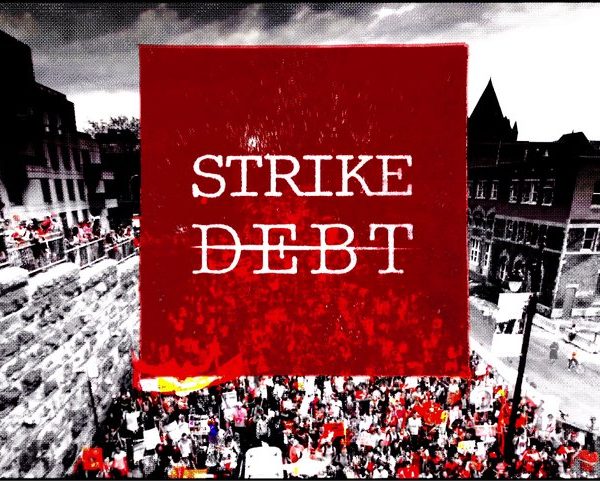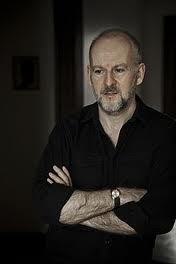
Justice fails where civil law and order are privileged over peoples’ ability to determine their destiny by confronting affronts to their dignity by legitimate powers. Let me offer two examples. I confess I am still in love with the Occupy Movement (OWS).

It’s become something of a commonplace among commentators and critics on both ends of the political spectrum to declare the death of the Occupy movement, whose campaigns against social and economic injustice and political corruption began to garner international attention in mid-2011. Although the last of the movement’s higher profile encampments were shut down in early 2012, it would be a mistake to conclude that Occupy is no more.
While the abuses of power and privilege in modern banking may not be as explicit as David’s crime, they are parallel. People in power tend not to consider the cost of their self-interest in communal terms. Most families who are facing foreclosure in New York City today are the victims of banks who regard a homeless child as a reasonable side effect of their profit motive just as David regarded Uriah’s death as a reasonable way to Bathsheba.

In this interview Simon Critchley discusses his new book, “The Faith of the Faithless: Experiments in Political Theology,” with Dave True of Political Theology. Along the way Critchley touches on an array of topics: his respect for religion, the experimental nature of free thought, what love has to do with a politics of resistance, the genius of the Occupy Movement, nonviolence and its limits, the wisdom of Antonio Gramsci, and the illusions of Marxism. Earlier responses to the book can be accessed….
In an age when nothing is sacred nothing is more difficult to understand than violations of sacred space. Yet that’s precisely what Mark demands of us in his account of Jesus’ first public action, an exorcism in the synagogue.
From the moment Jesus sets foot in the religious and political center of Capernaum, he is engaged in a contest with the scribes over authority concerning that space itself and all that it represents. It’s clear from the beginning that his audacious move catches the attention of everyone. The people notice: “They were astounded at his teaching, for he taught them as one having authority, and not as the scribes” (1:22).
By Jonathon Kahn, Vassar College
Who are the fools among us who continue to have faith in democracy and in American democracy in particular? After a desultory three-year period of community organizing in the corner of Harlem that I call home, I find myself preoccupied with this question. My community was unable to bridge the gap between what came to be called the “old” and “new” Harlem. To be sure, there were moments that Bonnie Honig might call “democratic ruptures,” when my community tried to rework its own sense of “we-ness.” But these moments were fleeting. “Ordinary life,” as Honig says, “reasserts itself, with a bit of a vengeance.”[i] Democratic energies dissipate. Democratic energies fail.
And yet I find myself wanting to argue that democratic faith is possible and needed. Though I have no theistic beliefs of my own, I can find no way to move forward with democratic life except as a person of faith. What, then, do I mean by faith and why does democracy need it?
